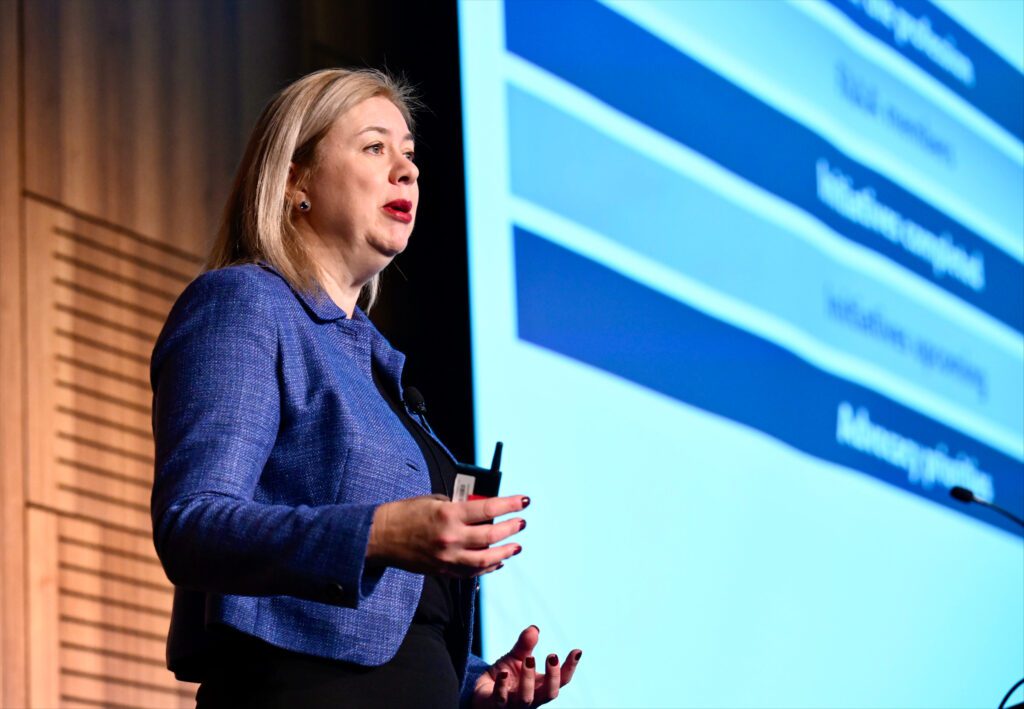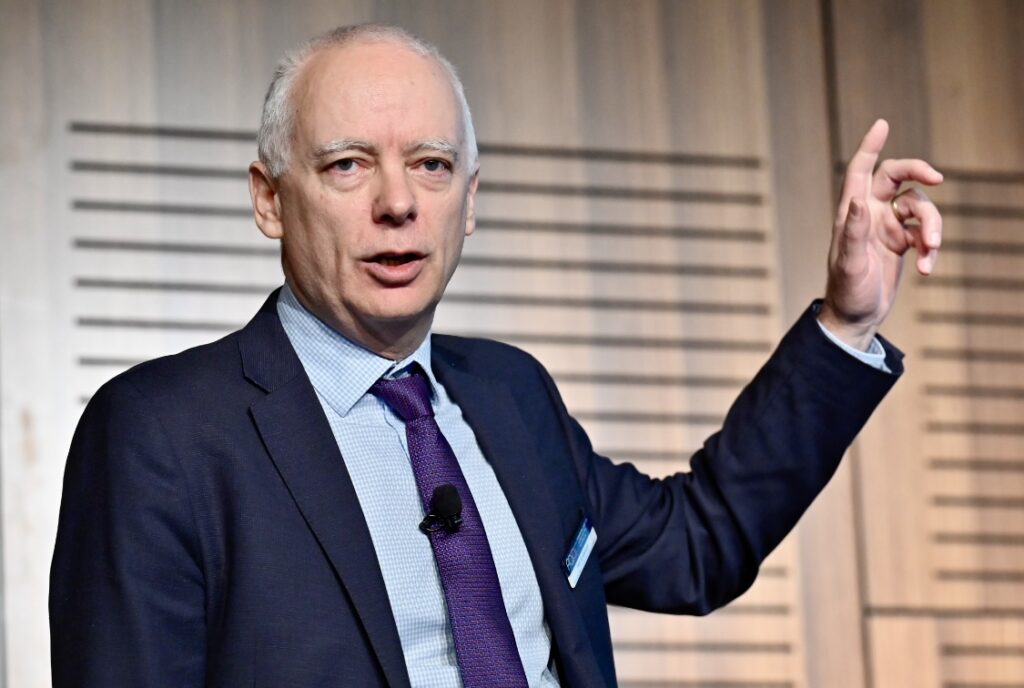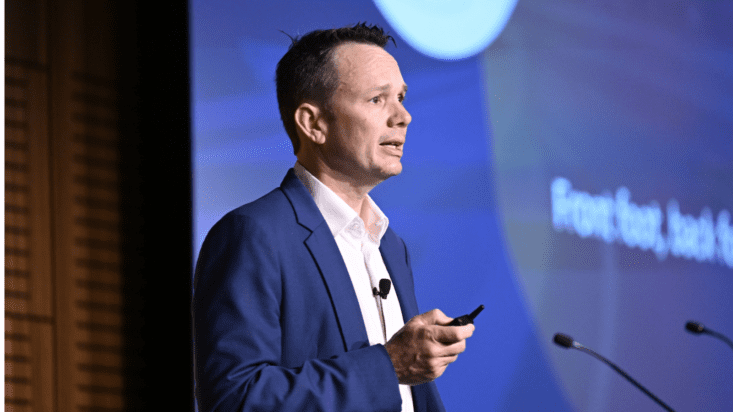‘I’m sick of being an adviser ATM machine’: FAAA chair lashes out over CSLR
Frustration over the government’s new Compensation Scheme of Last Resort is reaching a crescendo in the advice community, with the chair of the Financial Advice Association Australia (FAAA) railing against the design of a program that penalises good advisers for the malfeasance of bad ones.
The CSLR officially started operations on April 2 and provides compensation of up to $150,000 to consumers who have been cheated by a financial adviser, credit provider or securities dealer, in particular when the financial institution has become insolvent and the money cannot be recovered.
The scheme, a recommendation from the 2017 Ramsay Inquiry Report, is supported “in principle” by the FAAA, yet the group says the funding model is flawed and practicing advisers who have done nothing wrong shouldn’t have to pay the lion’s share of consumer compensation.
The funding model means that groups like Dixons Advisory, which was convicted of breaching best interests duty on 53 occasions over 4 years and lost $368 million for 4,606 clients, can conduct ‘phoenix’ activity by abandoning failed companies and leaving the broader advice industry to pay the collective debt.
Speaking at the FAAA’s Sydney roadshow event Friday, chair David Sharpe – who is also a registered financial adviser in Perth – voiced the collection exasperation of the advice community.
“A large corporate [shouldn’t] get to simply walk away from a subsidiary so individual advisers like you and I are footing the bill,” Sharpe (pictured) told the audience of FAAA members. “It can’t be the compensation scheme of first resort, purely because it’s too hard to chase the money.
“I’m sick of being an adviser ATM machine,” Sharpe continued. “Every time there’s a bill, we’re the ones who have to fork it out.”
The CSLR levy that advisers will have to pay comes on the back of the ASIC annual adviser levy, which has tripled to $2,818 per adviser in less than ten years. Worth noting is that Treasury conducted a review into ASIC’s funding model in mid-2023, which eventually found a misalignment between those who cause the cost of regulation enforcement and those who end up paying for it.
“The Review finds that the current approach of allocating costs to the ‘relevant’ sub-sector does not align with the principle that those entities in sub-sectors who cause the need for ASIC’s regulatory effort should be charged for it,” the final report stated.
Wonky CSLR pay schedule
The CSLR’s payment timeline is patchy, but the end result is that the future bill for advisers is uncapped, with many Dixon advisory clients still to have their compensation determination made.
All complaints lodged before September 7, 2022 have been paid by Australia’s ten largest financial institutions to a total of $241 million, while the government bore responsibility to pay the $4.8 million worth of complaints lodged after September 7, 2022 but processed and paid by June 30, 2024. All complaints lodged after September 7, 2022, including those not paid out by 30 June, 2024, are funded by the financial advice industry.
The estimate for the first of these “industry funded” bills for 2024/25 is $24.1 million.
The quantum of complaints paid highlights how little cost the government bore: 1,638 complaints were paid for by the banks and one single complaint was paid for by the government, while advisers will pay the leftover 39 complaints and all future bills.
According to FAAA chief executive Sarah Abood (pictured, below left), the association supports the scheme because consumers should have recourse if they’ve suffered loss because of poor financial advice. “But we are really deeply worried that the funding of this scheme is unsustainable,” she told members.

“We ended up paying for the risks that are taken by other financial services firms. We’re also concerned about this phoenixing element where a large integrated financial group makes the advice element of that group bankrupt, but the rest of the group continues on and we pay to rectify the consumers,” Abood continued. “That has actually happened with Dixons.”
According to the FAAA’s policy chief Phil Anderson, the Dixon case highlights why the scheme should be prospective, or forward looking, rather than retrospective. “Dixon advisory went into administration well before the legislation was ever passed,” he said. “Dixon is a retrospective issue.”
Calling the scale of the Dixon case “unbelievable”, Anderson (pictured, below right) made the point that the government has released no disclosure or explanation of the funding model, and did not provide an impact statement.
“We’re talking hundreds of millions of dollars,” he said. “The government originally proposed that they would pay for the first 12 months, now they’re only paying for less than three months. And because it’s such a short period of time, and because the workload is so great to process those existing Dixon complaints, they are basically going to get off scot-free.”

The scary fact for advisers is that less than half the valid Dixon complaints have actually been lodged, Anderson warned.
“The administrator’s report says 4,606 [valid complaints have been lodged], but we know AFCA have said publicly that only 1,948 have complained at this point,” he said.
“And whilst membership of AFCA by Dixon’s Advisory is still open there’s 2,658 of them yet to complain. This is incredibly retrospective – you will pay for them as long as they keep complaining.”











